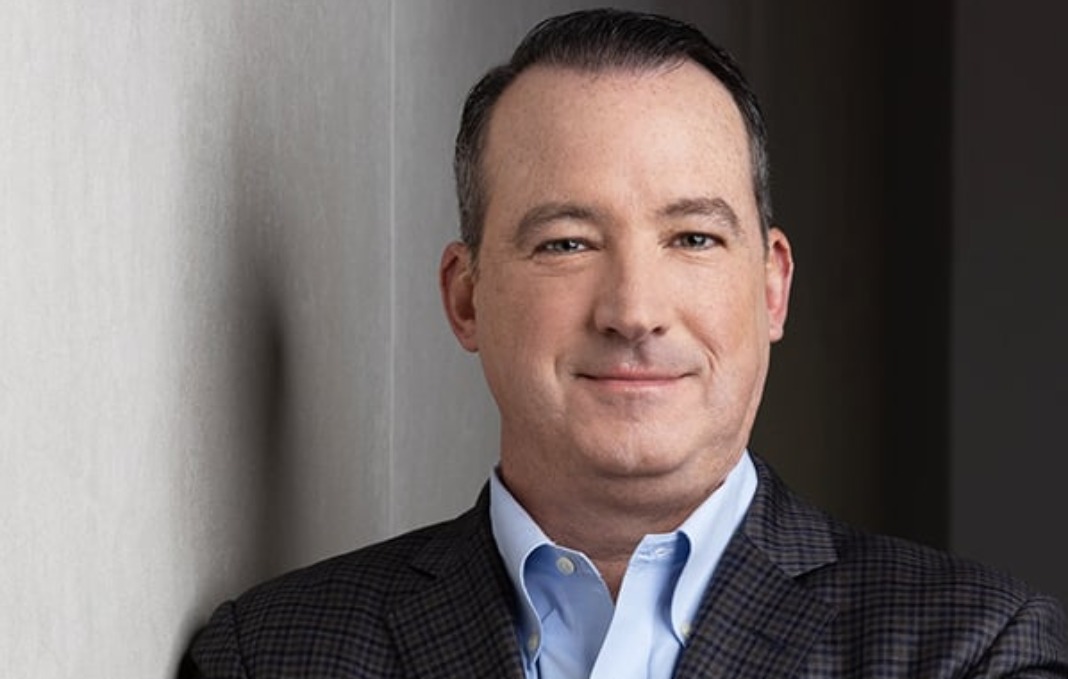Balancing growth and profitability can be tricky, but nowadays it’s a must, as stakeholders will no longer stomach “growth at all costs,” says Brian Carolan.
Carolan is CFO of SailPoint, a company based in Austin, Texas, that provides enterprise identity management. Strategic planning in the finance function is crucial, says Carolan, who shares his insights on how to be intentional when it comes to financial decision-making.
Building for scale requires a lot of strategic, long-term planning. What role does the CFO play when it comes to the internal operations framework needed for sustainable growth?
Planning for the long-term requires vision, but it also requires balance. Dedicating resources to long-term planning when there are challenges that need to be addressed now can be a tough pill to swallow, but it’s necessary for the business to scale and grow. And while it may not be obvious from the outside, the CFO is actually at the center of all of these planning activities.
As a CFO, you can’t afford to be siloed—you need a holistic view of how resources are being deployed throughout the entire company to better understand where there are opportunities to invest in the future. For most businesses, that probably starts with your product portfolio, making sure you’re developing products and technologies that are the right fit for the market and actually meet consumer demands.
It also means organized go-to-market capabilities, ensuring you have the right sales segmentation strategy and the budgetary resources to capitalize on market opportunities. This includes consistent competitor monitoring, which is especially important in fast-paced industries like tech.
But the most critical element of long-term success is taking care of people—both customers and employees. Employee retention is a great indicator of the overall health of a company, and a good reputation takes time and investment to build. For a CFO, that means making sure resources are being invested in the people that make the company special.
Let’s dig deeper into that. Let’s say a company is looking to scale quickly. From a strategic standpoint, what should the CFO be planning for?
That’s an interesting question, and the answer is probably different depending on where the company is in its growth cycle. For instance, a startup just getting off the ground is looking to scale quickly, but its strategy will look a lot different from an already-successful company looking to expand. So, from a broad perspective, the answer starts with understanding where your company currently fits into the market landscape and setting appropriate goals.
A common mistake that businesses make when looking to expand quickly is focusing too heavily on attracting new customers and overlooking their existing customers. Again, building a strong reputation for reliability and customer support can have significant long-term benefits. Rapid expansion isn’t automatically good, especially if the resources driving that expansion are being sacrificed from areas like product development and customer support.
Expanding into a new market with an inferior product or poor service can cause reputational damage that can take years to recover from, which can ultimately damage your ability to scale rather than help it. It’s important for the CFO to be able to take that sort of long-term view when allocating resources and navigating business ventures with a cautious approach.
Growth is important, but investors want to see significant profits as well. How do you strike the right balance between growth and profitability? What must be considered when potentially acquiring another company?
Building off the previous question, I think it’s safe to say that the age of “growth at all costs” is behind us—in fact, that sort of mindset can even be a turnoff for potential investors today. In today’s market, it’s important to have a cost profile that is appropriate for your profile as a business. To put it another way, you need to make sure you have your own house in order before you start looking to buy another one. Profitability and cash flow are just as important as expansion to investors.
When it comes to mergers and acquisitions, the mindset is similar. Acquiring a company for the sake of acquiring a company is no good. You want to make sure you’re accelerating at the right time for the right opportunity. That might mean acquiring a company for a specific piece of technology that will significantly improve your offering, or a company that can help you achieve certain economies of scale. The CFO plays a critical role here because the bottom line is whether the decision makes sense financially. If the result is a net reduction for the combined entity, it’s probably not worth the risk.
On a similar note, a rising number of companies aren’t just prioritizing growth, but responsible growth. Can you discuss how prioritizing “responsible growth” can create advantages and efficiencies of its own?
Again, it’s just about being thoughtful with your investments. And I use the term “investments” very intentionally. Whether it’s spending money to acquire a company, devoting resources to a new product or service, or expanding into a new market, you need to be sure that you’re going to see a return on that investment in the form of higher top-line growth. Too many businesses have a “use it or lose it” mentality regarding their budgets, but that’s not responsible or sustainable.
Many businesses also view budgeting as a once-a-year exercise, but just like cash flow, it’s continuous. Businesses that want to focus on responsible, sustainable growth need to prioritize flexibility. The world isn’t perfect—there will always be market disruptions, natural disasters and other unpredictable challenges over the course of the year.
A company that sticks rigorously to a budget generated 10 months earlier will have a hard time rolling with those punches. On the other hand, a responsible CFO who can view the budget as an evolving process can help steer the company more responsibly.








